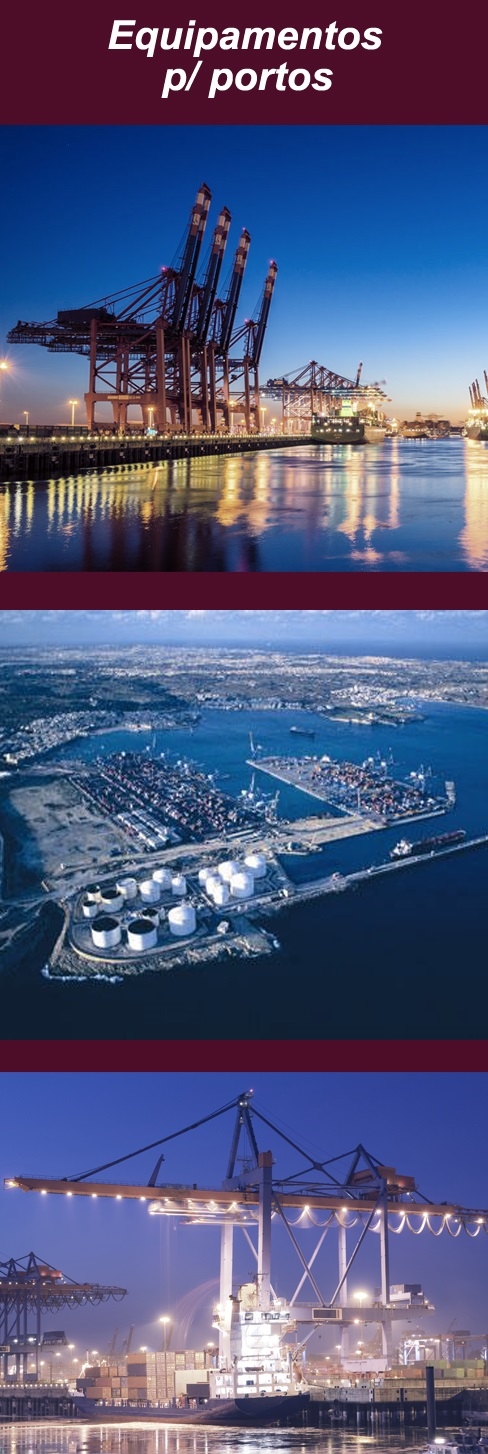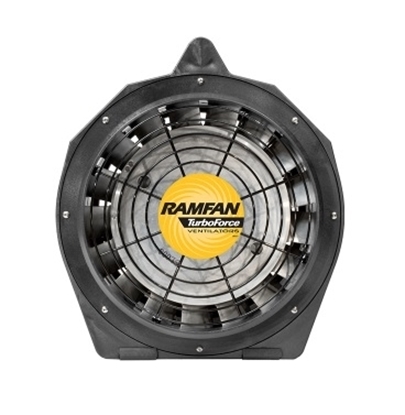- Charts & Publications
-
Marine Industry

-
Recreational

-
Land Market

-
Harbour equipments

- Proteção Covid-19
- About Us
- Novidades
- Marcas
- Contacts
- Serviços
- Articles
- Home /
- Marine Industry /
- Ship maintenance /
- Portable ventilators /
- Hazardous workplace safety
Hazardous workplace safety
Can you afford to be caught in the chain of liability?

Risk assessment, employee training and certified equipment will minimize your liability. They will also help protect your workers and assets from a catastrophic and ruinous event.
Failure to assess, train and properly equip means one thing:
You will lose!
Make the smart choice. Insist on whole-unit certification.

Are you buying whole-unit certified fans?
RAMFAN hazardous location portable blowers operate in a broad range of hazardous environments.
Complying with ALL the requirements of many, internationally recognized standards, RAMFAN axial flow blowers are intended for use by workers in potentially hazardous conditions.
It’s not enough to use a certified motor and ignore the other requirements of certification. The entire electrical path, including all connections, connection boxes, plugs, cords and switches pose a danger and require compliance. Many other things are addressed in the codes including flammability, conductivity, proper bonding, drop protection, markings and labeling. Insist on third party, whole-unit certification and protect your company and your workforce.

Certified blowers designed for a broad range of gas groups.
It is the users responsibility to buy the appropriate equipment and to use it properly. RAMFAN Hazardous Location blowers are safely used, deployed in the following gas groups.
Click Here to see ATEX string certification with gas groups and safe operating temperatures.

Ventilating explosive gases during line maintenance.
Photo courtesy of CenterPoint Energy
RAMFAN ducting is conductive to eliminate static electricity buildup.
Movement of air through ducting can build up static electricity on the duct surface. Use anti-static or conductive duct with a continuous flow path from the duct to the blower to the grounding connection. We supply anti-static ducting, which when properly configured will limit the buildup of a static charge.

Worldwide Certified Explosion-Proof
Certifications include ATEX, IECEx, INMETRO, UL and CSA.
Ramfan blowers are the only portable ventilators on the market recognized by ALL major certification bodies.


Comparison of Class/Division & Zone Systems
Get a better understanding of how the two major systems are used to classify hazardous location electrical codes and standards. Our helpful guide will teach you the criteria used to classify a hazardous location for each system. After reviewing the guide, you'll be able translate what a classification in one system will be for the other system.
Hazardous workplace safety
- Praceta Augusto Dias Silva, 94 2B 2785-521 Sao Domingos de Rana
- info@jgarraio.pt
- Tel.: +351 213 473 0810

As fotos apresentadas podem não corresponder as configurações descritas.
Preços e especificações sujeitos a alteração sem aviso prévio.
A J. Garraio declina qualquer responsabilidade por eventuais erros publicados no site.
Desenvolvido pela Agência PRIMEWAY - Plataformas Digitais • Design • Marketing Digital






















































